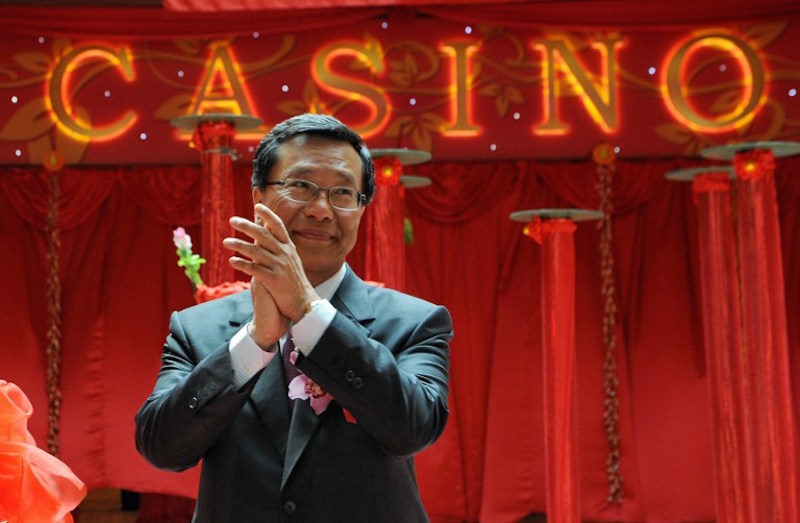KUALA LUMPUR, Jan 24 — Genting Hong Kong chairman and CEO Tan Sri Lim Kok Thay has resigned days after the cruise operator filed to wind-up its business in what is seen as one of the biggest Asian corporate casualties from the Covid-19 pandemic to date.
According to Bloomberg, the company said Lim’s resignation was effective from January 21, as announced in a stock exchange filing.
The same report mentioned that the company’s deputy CEO and president Au Fook Yew had also resigned.
It added that the men had not resigned due to any dispute with the board.
Last week, it was reported that after more than two years into the global pandemic, Genting Hong Kong was headed into liquidation, an early indication of which was the news that US authorities were reportedly preparing to seize one of the company’s ships in Miami, Florida over unpaid fuel bills — which also led to online bookings for some cruises being suspended.
Yesterday, a report by Singapore’s Straits Times (ST) said that three Malaysian banks’ profits are set to take a major hit as a result of the cruise operator’s woes.
The ST named the banks as Maybank, CIMB and RHB, saying they are among some the chief unsecured creditors of Genting Hong Kong, with a combined exposure of US$600 million (RM2.5 billion).
Genting Hong Kong’s liquidation filing came just a week after its German shipbuilding subsidiary MV Werften went into insolvency, after its US$688 million lifeline was pulled back by the German government.
This development then triggered cross-defaults for the entire group’s various financing arrangements amounting to more than US$2.7 billion.
The troubles at Genting Hong Kong are not expected to pose any serious problems for gaming tycoon Lim’s other businesses in Malaysia and Singapore.
According to Bloomberg, investment analysts have speculated that Lim — who owns a 76 per cent interest in Genting Hong Kong — could turn to his more profitable entities to bail out the Hong Kong operations, but private equity executives with ownership in the Genting Group said that it was unlikely.



















